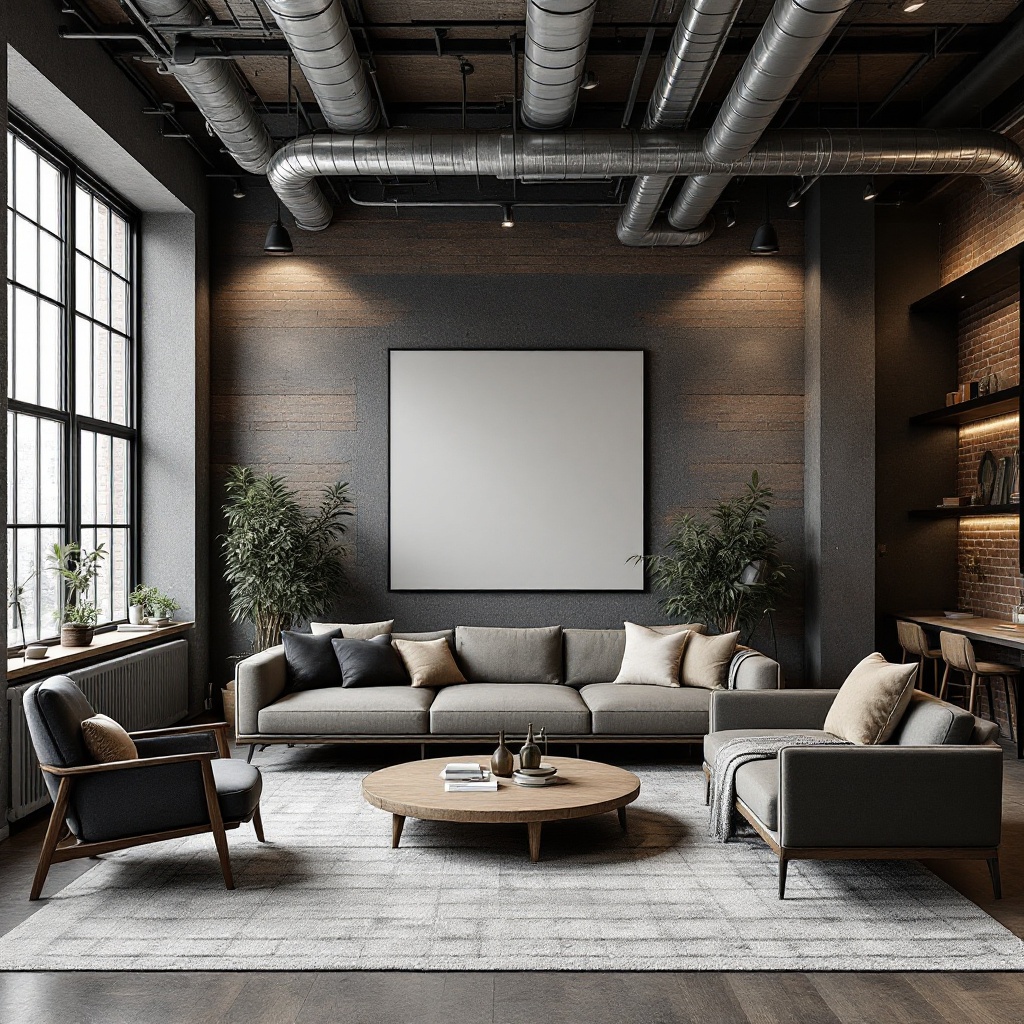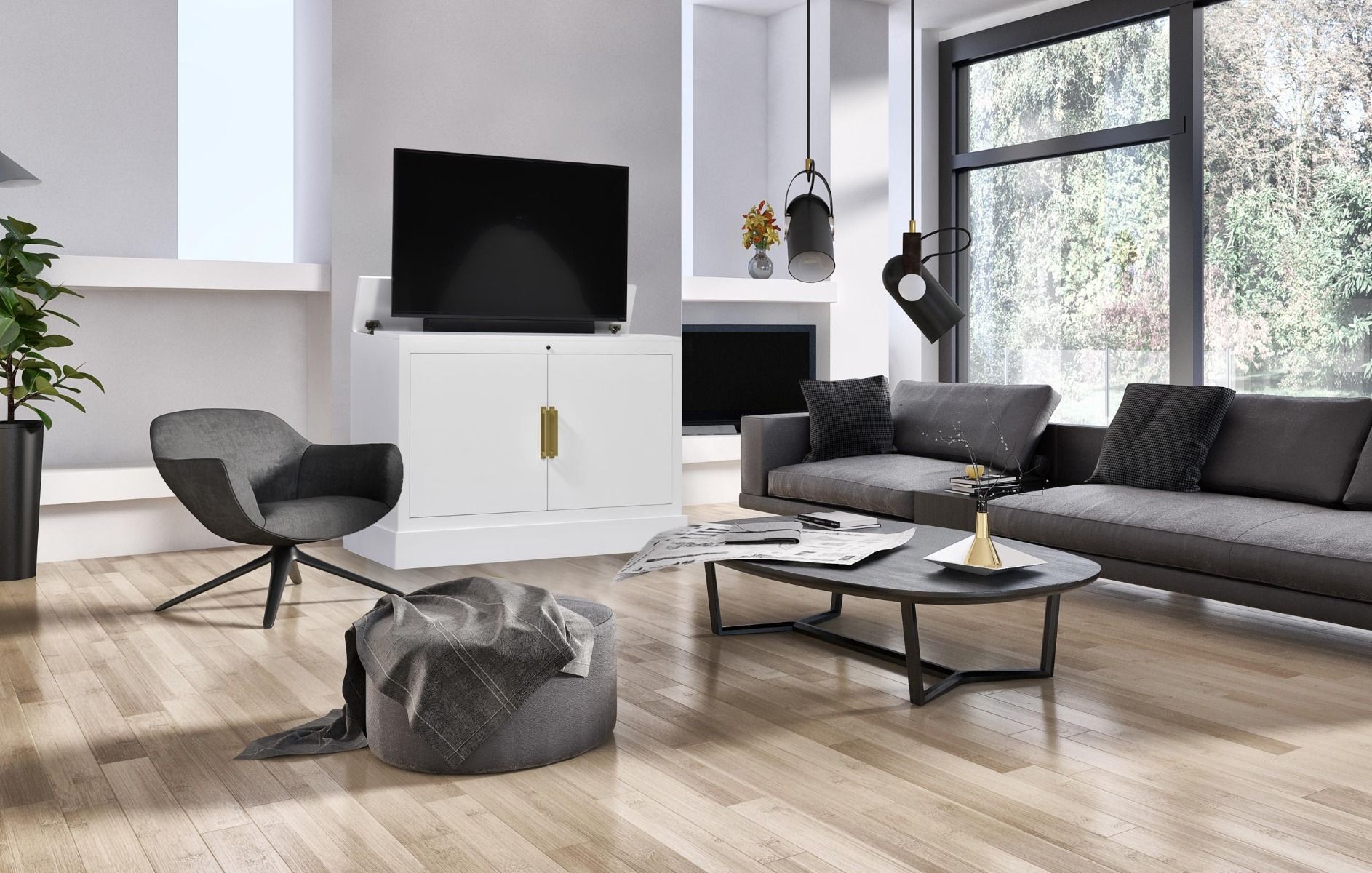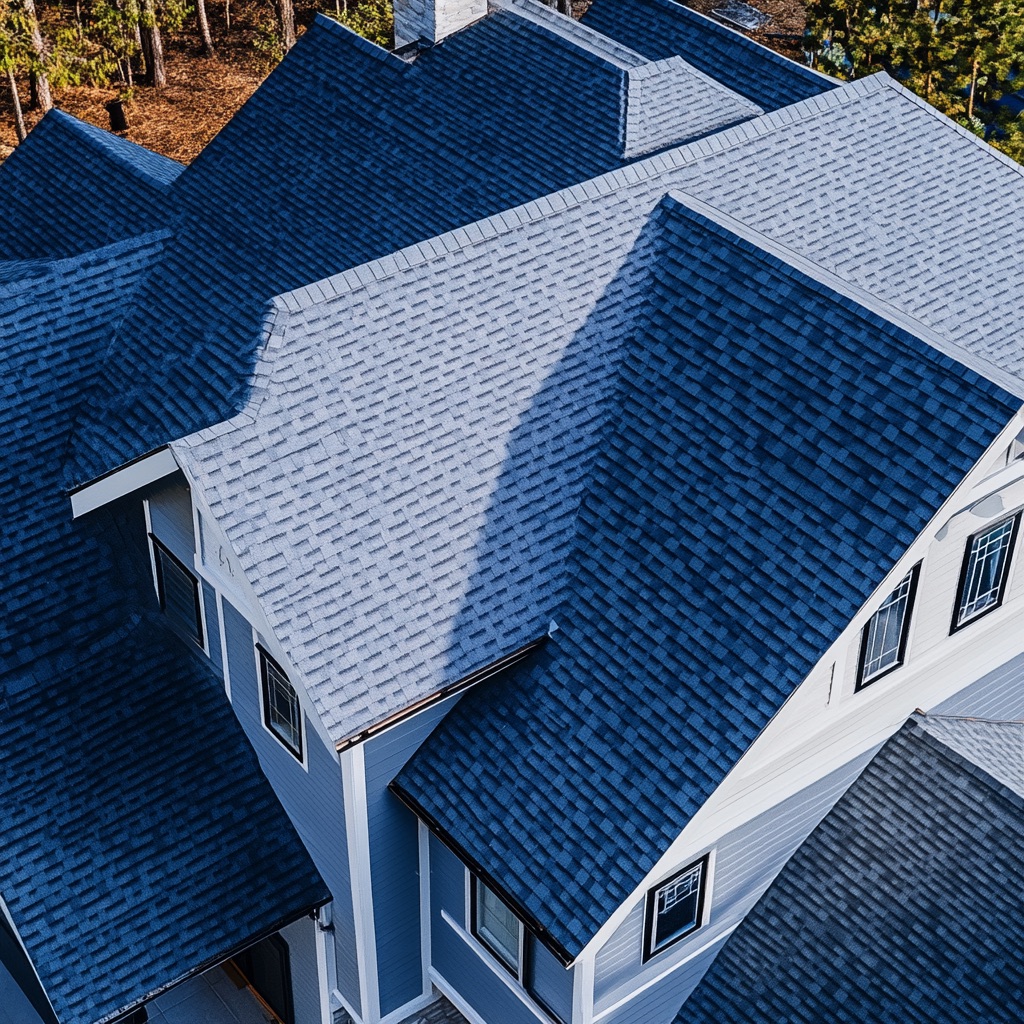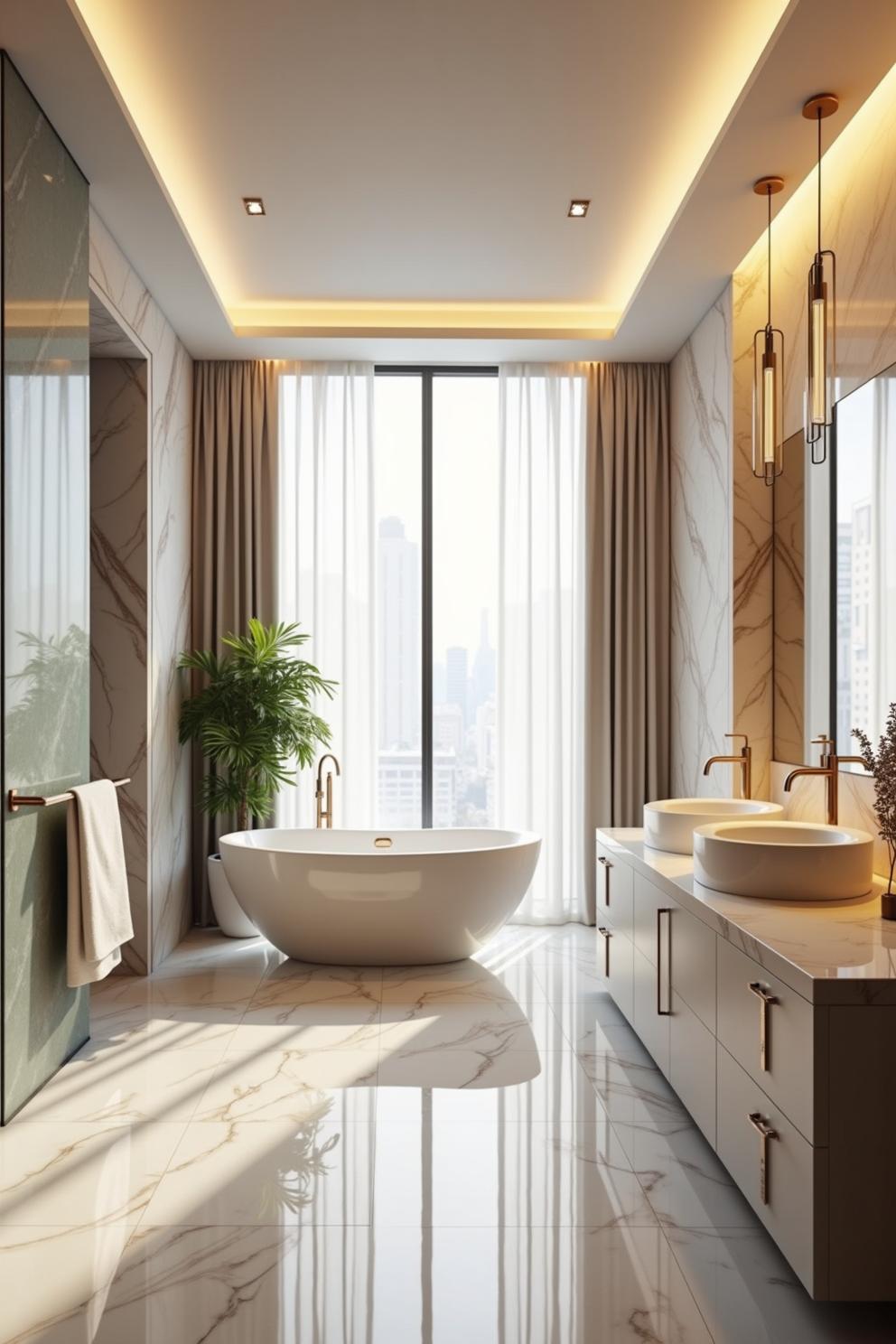Last updated on
Here are the top seven types of air conditioning systems that you may get for your home. Read on!
Air conditioning systems have unique pros and cons and come in various shapes and sizes. There’s also a wide variation in terms of features and quality. So, whether it’s your first time buying one or you want to upgrade your current unit, it’s essential to look carefully into every type of air conditioning system available in the market.
Depending on your needs or preferences, make sure to explore the options and determine how they work to make a well-informed choice for your residential or commercial property.
Ducted Air Conditioning System
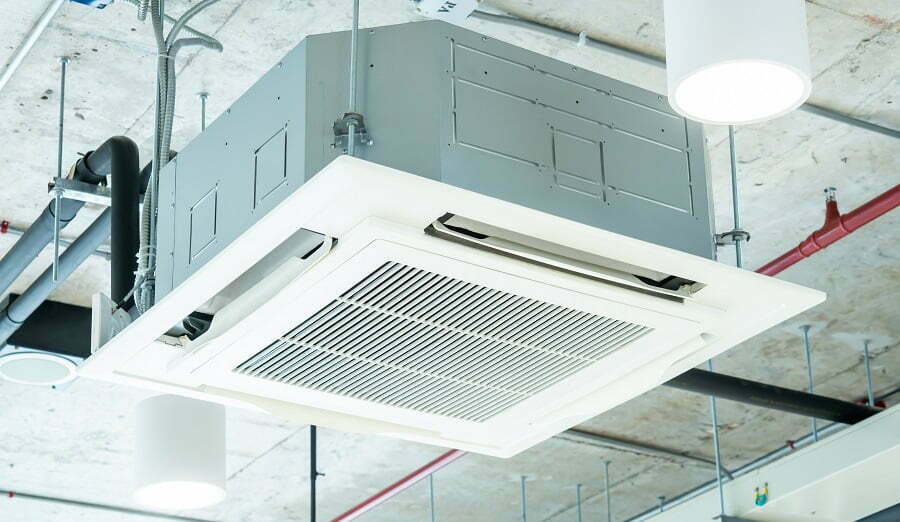
Ducted air conditioning systems can cool your entire space by having central units that distribute cooled air through a series of ducts into your rooms. Normally, the main units of this air conditioning system are installed under the floor, on the ceiling, or outside. The installation place may vary depending on the property’s layout.
A ducted air conditioning system may also be fitted with inverters that make them more energy-efficient. It’s because the inverter enables the air conditioners to maintain a consistent temperature by operating at the necessary speed. However, air conditioning systems without inverters should keep the power off and on to maintain the temperature, taking up more electricity.
Window Air Conditioning System
These used to be a common choice to control the temperature in small rooms. The condenser, compressor, evaporator, and coils are all integrated into one single unit. Window air conditioners are made to fit into the room’s window, so they don’t often require significant modifications for installation.
Generally, a window air conditioning system has a low, upfront cost. If you want to cool down several rooms, you can consider a ducted or split system because they’re more efficient. One of the benefits of window air conditioning systems is that they can be taken with you once you move houses. It makes them ideal for renters or those who want to move soon.
Many window air conditioning systems work in cycles, which often involve heating up the room or turning it on to cool down. You may even turn them off once the unit reaches your desired temperature. However, they’re not as energy-efficient as other air conditioning systems.
Ductless Split System
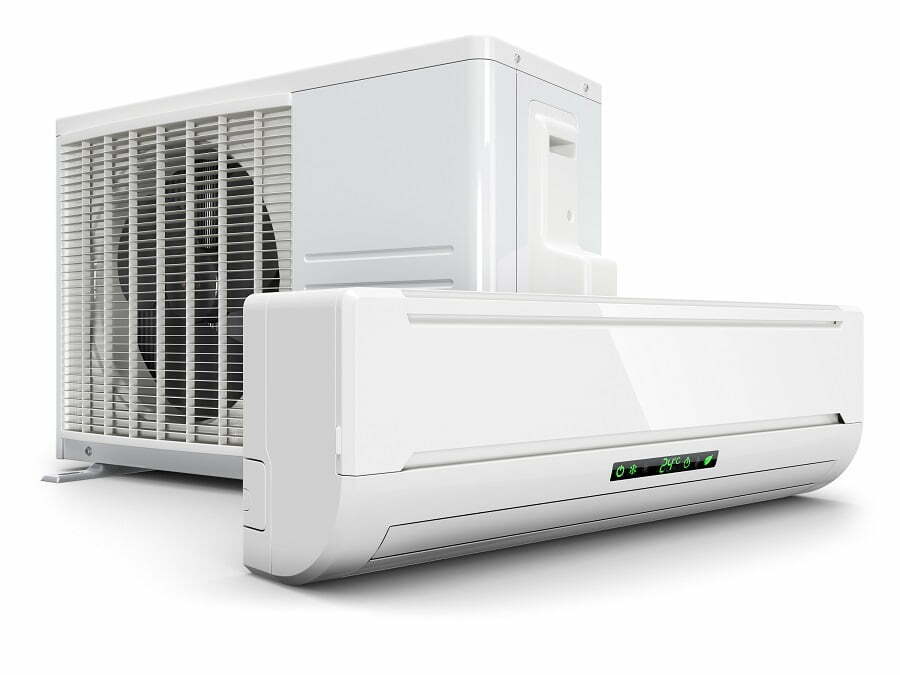
Although most people use central air conditioning systems, some consumers opt for another alternative, which is a ductless split system. It’s more energy-efficient and ideal when cooling a certain room. For example, if your second floor is only used when you have guests, installing a split system is more cost-effective than a central air conditioning system.
Portable Air Conditioning System
A portable air conditioning system is a standing floor model on wheels, which offers easy maneuverability and allows you to move it from one room to another. While portable units sound simple, there are things you need to do to help them run.
For example, the humidity pulled from your air should go somewhere. So, it’s essential to direct the water into a bucket or outside a window to avoid damaging your floor.
One of the best things about portable air conditioning systems is that they don’t require installation. They don’t cost much and provide more dehumidifying benefits.
Packaged Air Conditioning Unit
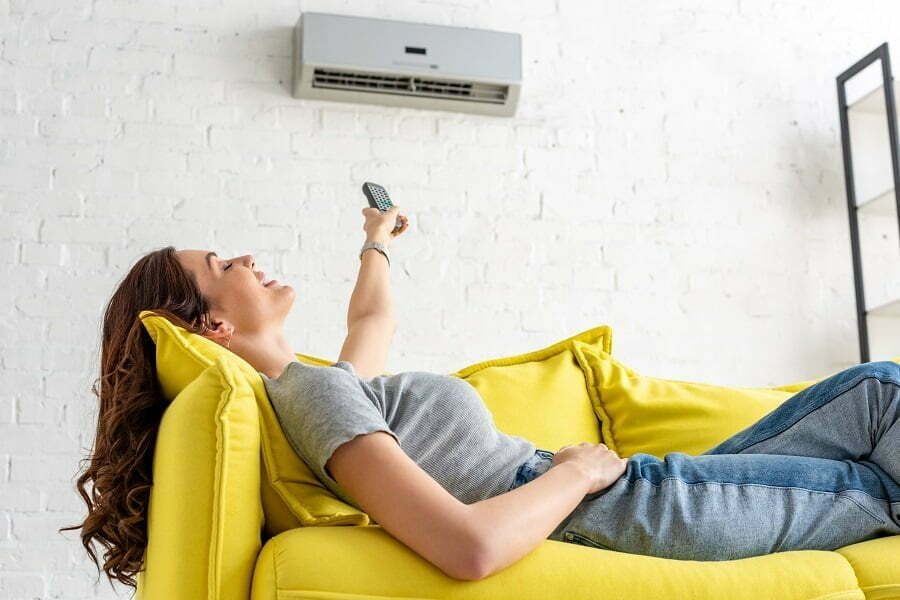
Packaged units are compact air conditioning systems that work best for a property without a basement. If your house has a crawl space, there’s no air handler or an indoor furnace.
Typically, packaged air conditioning units are installed. You may even install them on the rooftop. Just opt for a model with a compact footprint and is made to blend with outdoor environments. Depending on your preferences, you can purchase packaged units with various fuel hookups, such as dual-fuel, heat pump, and gas/electric models.
Through-The-Wall Air Conditioning System
A through-the-wall air conditioning system is quite similar to window air conditioning units. In fact, their designs are almost identical. However, instead of mounting this system using an available space like a window, it should be mounted on the actual wall.
The primary difference between window air conditioning systems and through-the-wall air conditioners is their housing design. Compared to window air conditioning units, such devices don’t have venting mechanisms on the sides of their housing.
Due to their special design, a through-the-wall air conditioning system has higher cooling capacities than window units but weighs more. You may also need to cut a hole inside the wall to mount the system.
Geothermal Air Conditioning
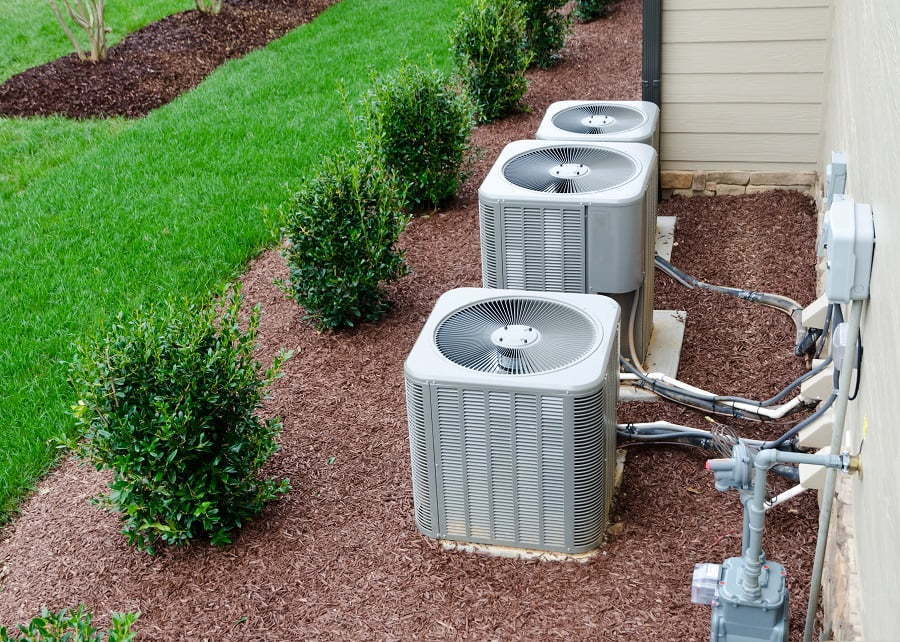
If you want to buy an air conditioner that’s more eco-friendly and will help you enjoy savings, one of your best options is geothermal air conditioning. It has been around for several decades, and it doesn’t use fossil fuels and utilizes electricity minimally, just to power the compressor, pump, and fan.
A geothermal air conditioning system uses an underground loop setup. Instead of refrigerants, most of these air conditioning systems often use water. Plus, homeowners who use geothermal air conditioning systems can enjoy tax credits.
The Takeaway
There are various types of air conditioning systems you can choose from. However, with the options available in the market, the selection process can be overwhelming. So, it’s best to know your basic needs first and which features you prefer. This way, it’ll be much easier to determine the best type of air conditioning system suited for your unique needs and situation.
Recap

